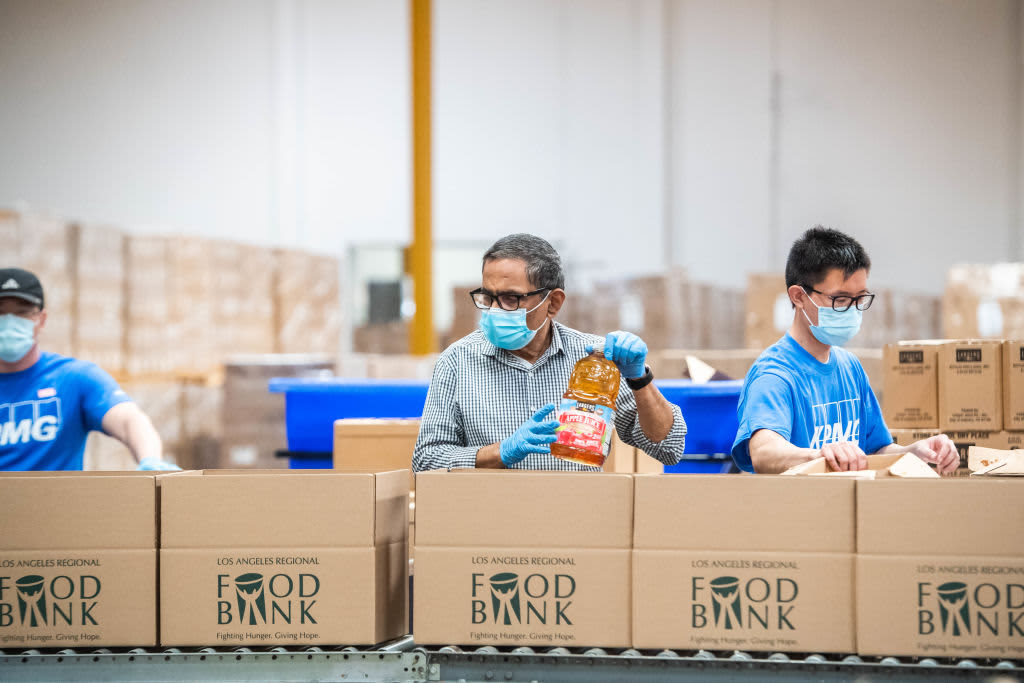According to a recent study, community college students across the country are facing a significant challenge when it comes to housing and food insecurity. These students are struggling to meet their basic needs, making it difficult for them to focus on their education and succeed in their academic pursuits.
Housing insecurity among community college students is a major issue, with many students facing unstable living situations or even homelessness. This can have a profound impact on their ability to attend classes regularly, complete assignments, and engage in extracurricular activities. Without a stable place to live, students may find it difficult to study, sleep, or even access basic necessities like a shower or a safe place to store their belongings.
Food insecurity is another pressing concern for many community college students. According to a recent survey, more than half of community college students experience food insecurity, meaning they do not have reliable access to enough affordable, nutritious food. This can have a detrimental impact on their overall health and well-being, as well as their ability to focus and succeed in school.
The combination of housing and food insecurity can create a cycle of poverty and academic underachievement for community college students. Without stable housing and enough food to eat, students may struggle to attend classes, complete homework assignments, and study for exams. This can lead to lower grades, delayed graduation, and a decreased likelihood of achieving their educational goals.
Many community colleges are working to address these challenges by providing resources and support services for students in need. These may include on-campus food pantries, emergency housing assistance, financial aid programs, and counseling services. Additionally, some colleges are partnering with local community organizations to provide more comprehensive support for students facing housing and food insecurity.
However, more needs to be done to address the root causes of housing and food insecurity among community college students. This may include advocating for policies that support affordable housing, increasing access to nutritious food on campus, and providing financial assistance to students in need. By addressing these issues, community colleges can better support their students and improve their chances of academic success.
In conclusion, housing and food insecurity are major challenges facing many community college students. By providing resources and support services, colleges can help students overcome these obstacles and achieve their educational goals. It is essential that we continue to address these issues and work towards creating a more equitable and supportive educational environment for all students.
